Physical Address
304 North Cardinal St.
Dorchester Center, MA 02124
Physical Address
304 North Cardinal St.
Dorchester Center, MA 02124
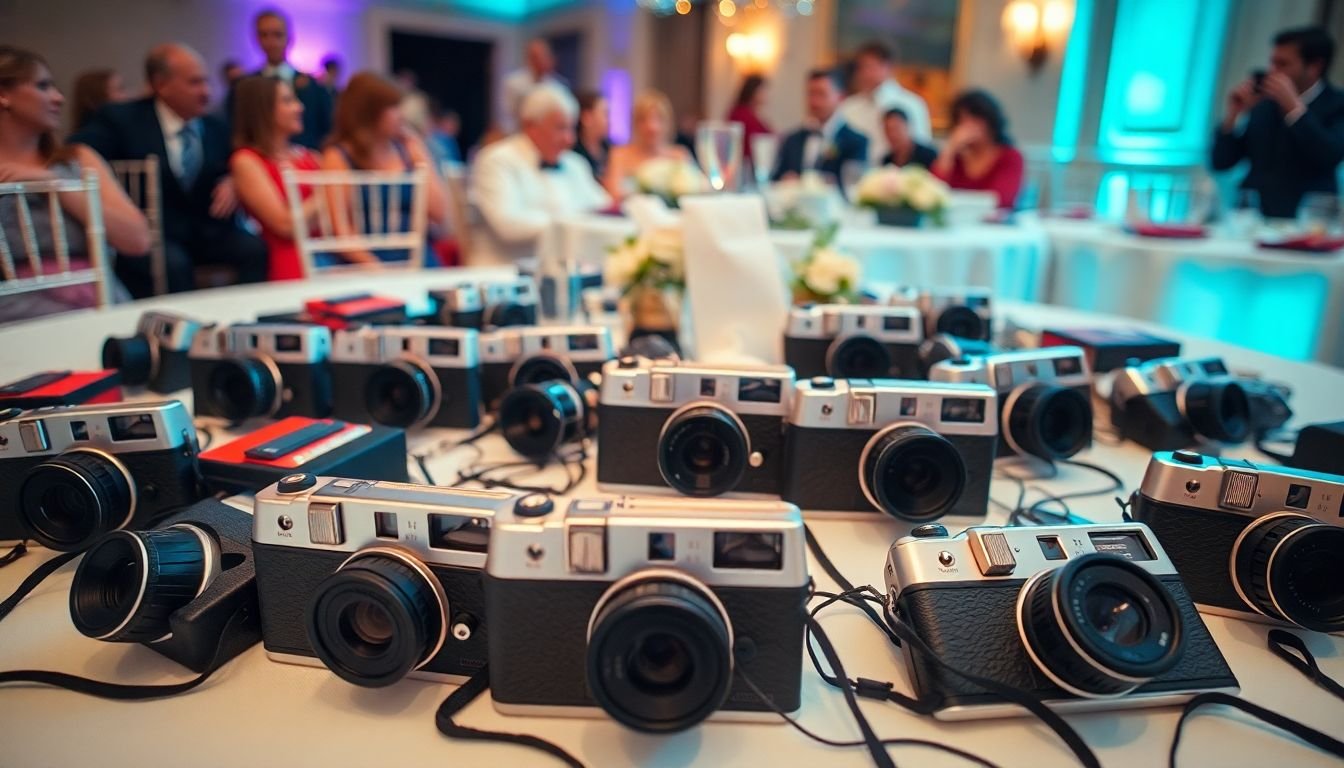
In today’s digital age, disposable cameras offer a charmingly retro way to capture moments. These single-use cameras provide an uncomplicated, fun experience, letting you focus on the moment rather than fiddling with settings. But once you’ve taken your photos, the question of where to develop them arises. With fewer brick-and-mortar photo labs, it’s helpful to know the best places to get your disposable camera developed.
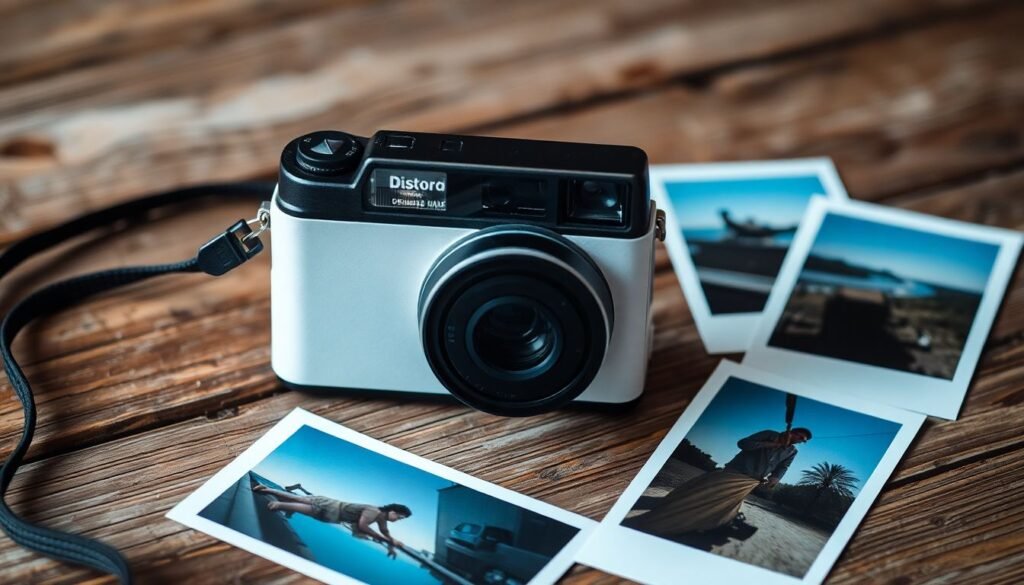
Disposable cameras are simple to use. They’re pre-loaded with a roll of film, typically offering 27 or 36 exposures. You take your pictures, and when you’re done, you send the entire camera to be developed. The film inside is processed, and your photos are either printed, digitised, or both.
The rise of digital photography hasn’t diminished the appeal of disposable cameras. In fact, their vintage aesthetic and the element of surprise (you can’t see the photos until they’re developed) make them more exciting. For special events like weddings or road trips, people appreciate the uniqueness of film photography, which creates a physical connection to their memories.

With fewer traditional photo labs around, it can be tricky to know where to go for developing disposable cameras. Below are some of the best places to get your film processed:
Most major chain drugstores and supermarkets still offer disposable camera development services. These places are convenient, often offering same-day or next-day services. Here are some of the top options:
Walgreens is one of the most popular spots for disposable camera development. They process both film and disposable cameras, offering prints and digital copies on a USB stick or CD. The service is typically available at all Walgreens locations with a photo lab, and you can expect your photos within a week.
CVS provides similar services to Walgreens. You can drop off your disposable camera, and they’ll return your prints and digital copies in a few days. Prices are usually affordable, though they vary by location. CVS is also known for providing easy online ordering if you want to reprint or enlarge any photos.
Walmart offers a comprehensive range of photo development services, including for disposable cameras. Turnaround times and prices may differ between locations, but you can expect your photos back within 7 to 10 days. Walmart is also great for offering budget-friendly options for prints and enlargements.

For higher-quality processing, you may want to seek out a dedicated photo lab. These places specialise in developing film and disposable cameras, and they can often provide a more personalised service.
Specialised photo shops, especially those found in larger cities, offer premium film development. While these services may be pricier than chain stores, you’re more likely to get expert attention, ensuring your photos are processed with care. They may even offer customisation options like different print sizes or finishes.
Independent labs, often family-owned businesses, provide unique development services. They tend to treat each roll of film with extra care and can deliver high-quality results. Supporting these smaller businesses also helps keep the art of film photography alive.
For those who prefer convenience, online services are a fantastic option. You simply mail your camera to the lab, and within a few days, you receive your prints or digital copies back.
One of the most popular online film development services, The Darkroom offers a simple mail-in service for disposable cameras. They offer high-quality prints and provide digital versions, which you can download directly from their website.
Another reliable option is Old School Photo Lab. They provide development services for all types of film, including disposable cameras. Like The Darkroom, they offer both physical prints and digital files, so you can easily share your photos online.
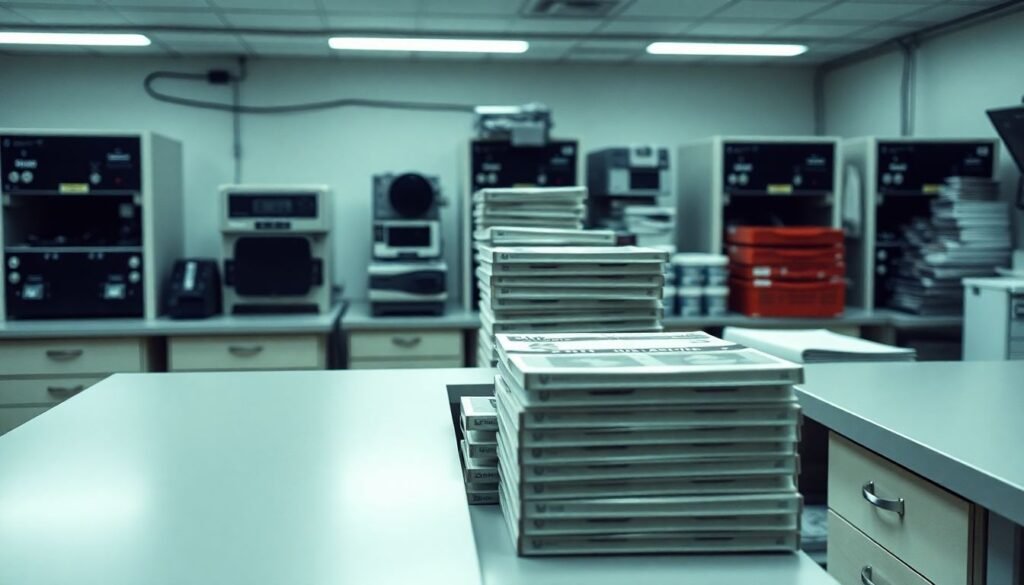
The cost of developing disposable cameras can vary depending on the location and service provider. On average:

Development times will differ depending on where you go.
Most development services offer the option of digital or physical prints—or both. Digital copies are perfect for sharing on social media or storing on your computer, while physical prints offer a tangible keepsake. For the best of both worlds, consider getting both formats.
Technically, yes, it is possible to develop your disposable camera film at home, but it requires specialised equipment, chemicals, and a darkroom environment. Unless you’re an experienced film photographer, it’s much easier to leave this task to the professionals.

When selecting where to get your disposable camera developed, keep the following in mind:

Disposable cameras contain both plastic and chemical components, which can be harmful to the environment if not disposed of correctly. Many places that develop film will recycle or properly dispose of your used camera, so ask about this when dropping off your film.
Most photo labs will recycle the camera casing after developing the film. Alternatively, you can contact your local recycling centre to see if they accept cameras for recycling.
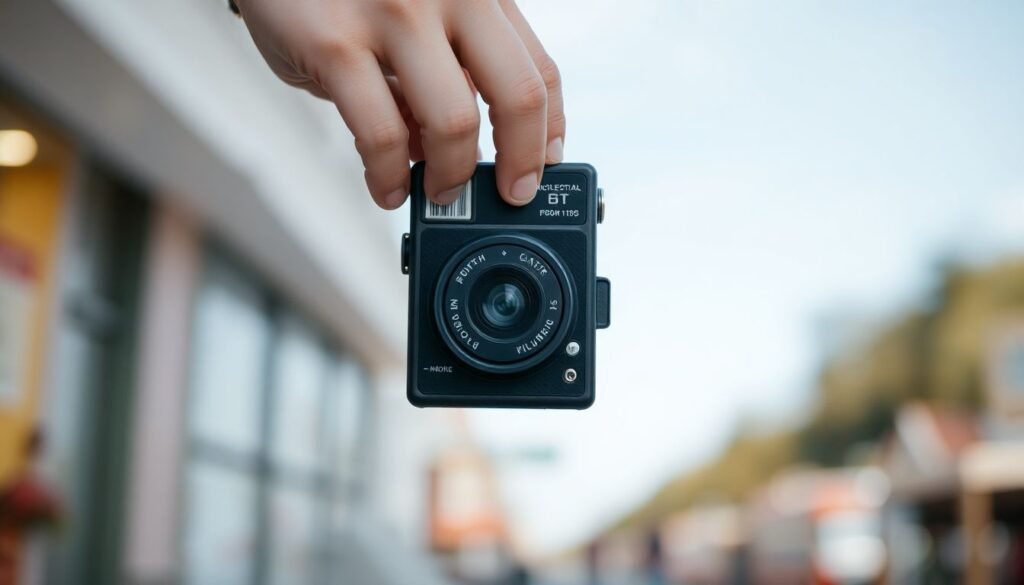
Disposable cameras and digital photography both have their advantages. Disposable cameras offer a nostalgic, low-tech charm, while digital photography provides instant gratification and easy sharing. Ultimately, the choice depends on your personal preference and the experience you want from your photography.
With a renewed interest in retro technology, disposable cameras aren’t going away anytime soon. As long as people continue to appreciate the physicality and surprise of film, these cameras will remain a fun, if niche, option.
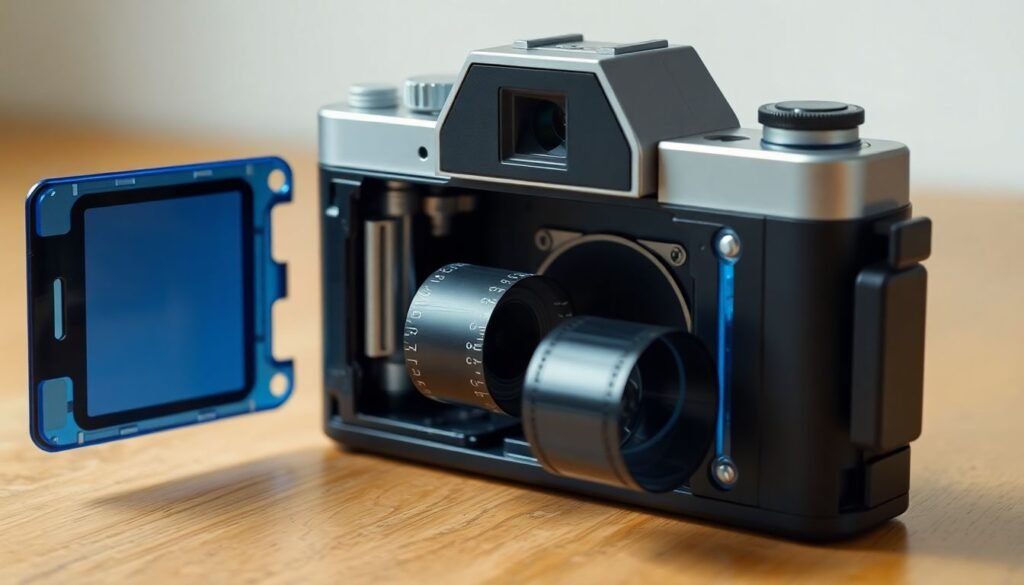
Disposable cameras may be a throwback, but they still offer a unique and rewarding experience. Whether you develop your film at a local drugstore, a specialised photo lab, or through an online service, there are plenty of ways to bring your film photos to life. With a bit of patience, you’ll soon be holding your memories in your hands.
Can I get digital copies of my disposable camera photos?
Yes, many places offer digital copies along with physical prints.
How much does it cost to develop a disposable camera?
Prices typically range from £10 to £30, depending on where you go and the services you choose.
How long does it take to develop disposable cameras?
Development times vary but usually take between 3 days to 2 weeks.
Can disposable cameras be reused?
No, disposable cameras are designed for single use only.
Are disposable cameras environmentally friendly?
Not particularly. However, many places recycle the camera components after development.